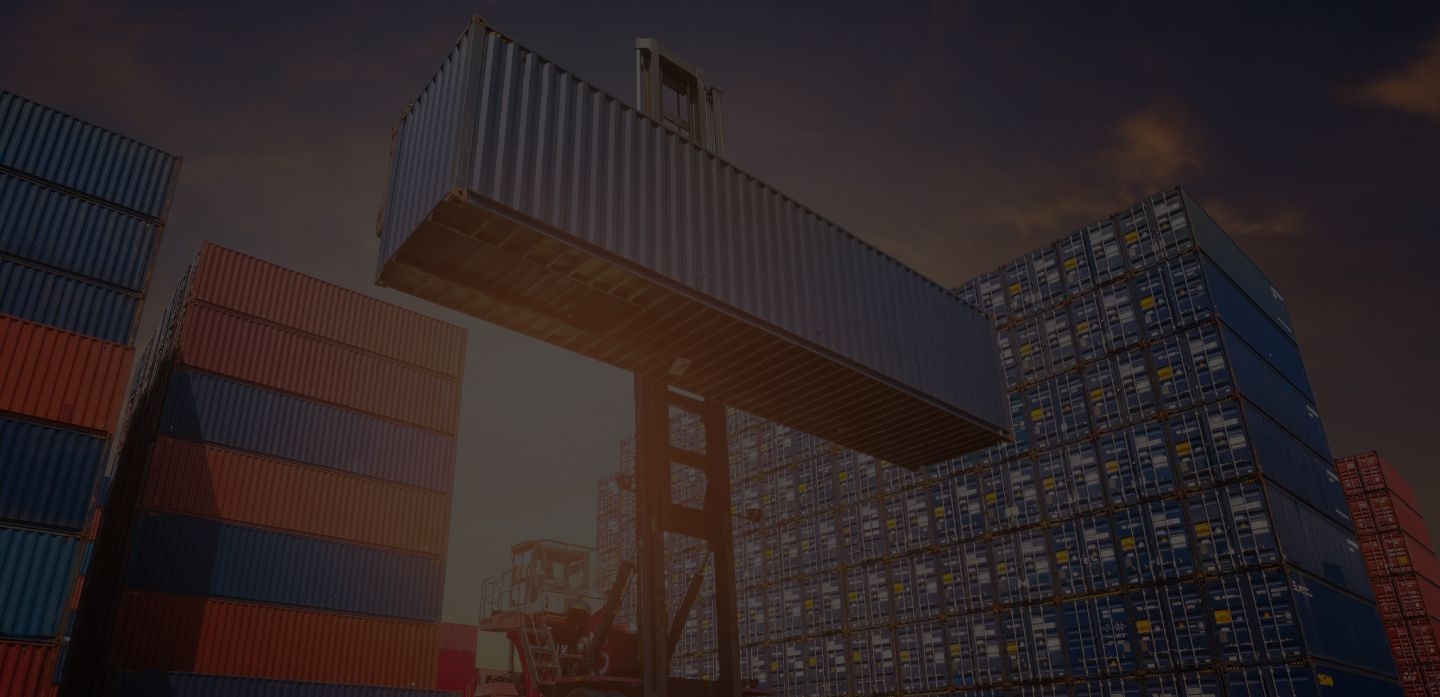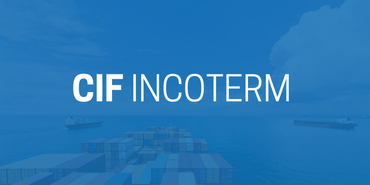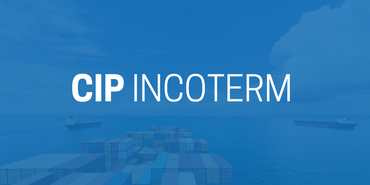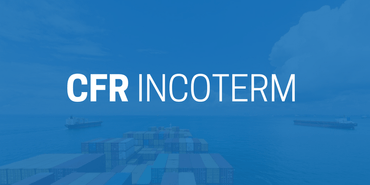
Definition of the Incoterm EXW (Ex Works)



![]()
The EXW Incoterm requires the seller to make the goods available to the buyer at their own premises (factory, warehouse, office, etc.).
From that point forward, all costs and risks are the buyer’s responsibility.
- Current version: EXW remains unchanged in Incoterms 2020.
- Multimodal transport: Can be used with any mode (sea, air, road, rail).
- User profile: Best suited for experienced importers with local presence who can handle export formalities at origin.
Seller’s Obligations (EXW)
- Make the goods available at the agreed date and location
- Proper packaging and preparation for transport
- Provide necessary commercial documents (invoice, packing list, etc.)
Note: The seller is not responsible for loading the goods onto the buyer’s vehicle or for export customs clearance
Buyer’s Obligations (EXW)
- Payment for the goods as per the contract
- Loading and inland transport to the export customs point
- Export customs clearance and origin charges
- International freight
- Destination charges and unloading
- Import customs clearance and payment of VAT, duties, and taxes
- Inland transport to the final destination
Insurance under EXW Conditions
Insurance is not mandatory, but it is recommended that each party covers their segment of responsibility.
Alternatively, one party may choose to take out a comprehensive policy.
In any case, insurance terms should be clearly stated in the sales contract to avoid legal disputes.
Limitations and Risks of EXW
| Potential Risk | Reason | Common Solution |
|---|---|---|
| Loading at origin | Seller is not required to load the goods; buyer assumes the risk of damage | Use FCA if you want the seller to handle loading |
| Export procedures | In some countries, only a local company can be the exporter of record | Agree on seller assistance or switch to FCA |
| Lack of seller control | Seller has no control over transport or insurance | Inexperienced sellers often prefer FCA, CPT, or FOB |
Conclusion
EXW is appropriate for buyers who have a reliable logistics network and local agents at origin.
For less experienced operations, it is advisable to consider FCA or other Incoterms that distribute responsibilities more evenly.
AI-Powered Freight Services at iContainers
EXW places most responsibilities on the buyer, which can introduce hidden operational risks. iContainers uses AI to highlight responsibility gaps, compliance considerations, and cost implications before shipment execution. This enables better-informed decisions from the start. Discover AI-driven shipping responsibility insights for complex Incoterm choices.
Sources and References
- ICC – International Chamber of Commerce Official source for Incoterms 2020 rules, including EXW details.
- Trade Finance Global – EXW (Ex Works) Guide Detailed explanation of EXW, its responsibilities, and typical use cases.
- International Trade Administration (U.S. Department of Commerce) Overview of Incoterms including EXW, with practical business advice.
- Shipping Solutions: What Does Ex Works (EXW) Mean in Incoterms 2020? Clarifies seller and buyer responsibilities under EXW terms.
Related Articles


